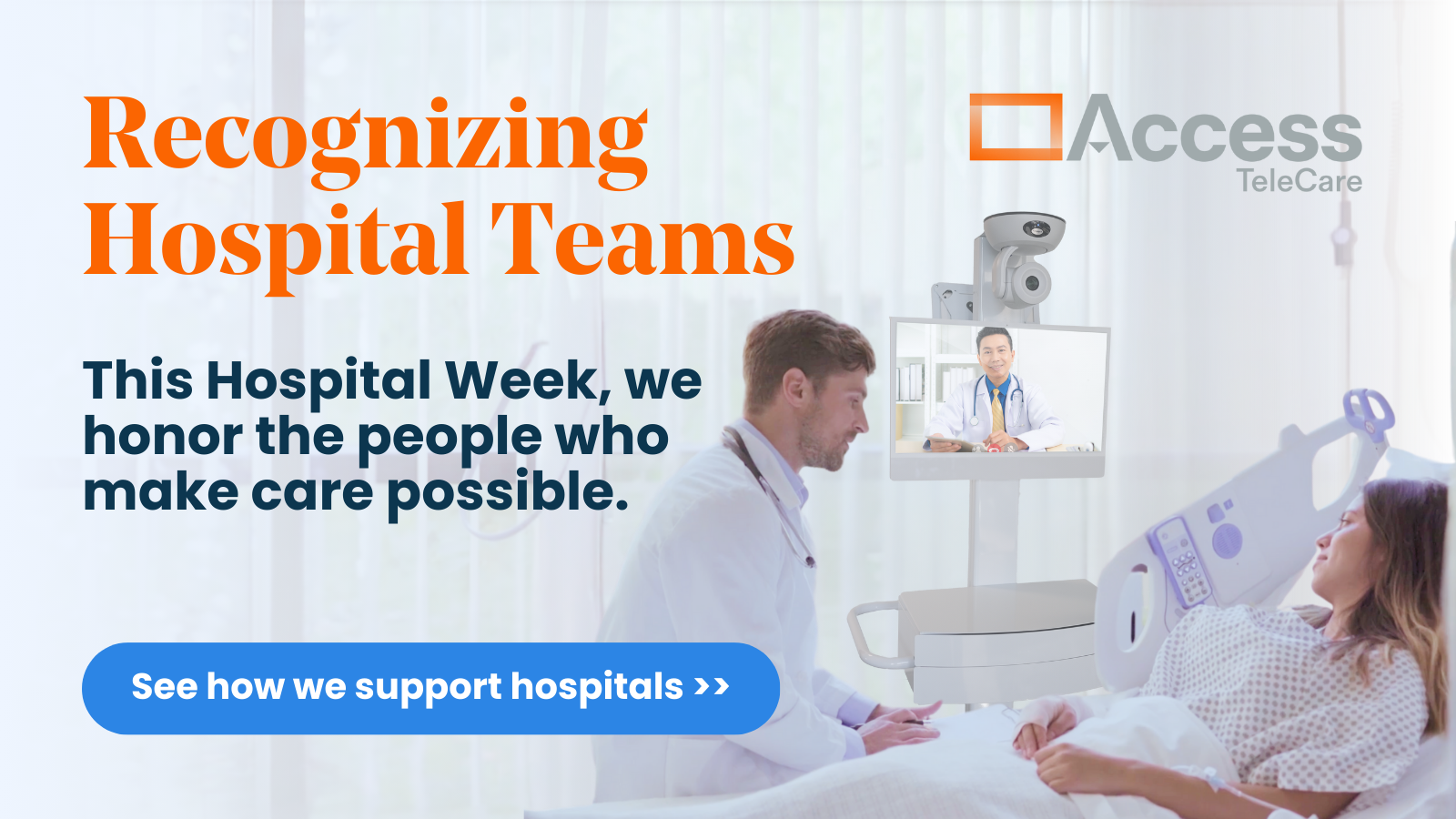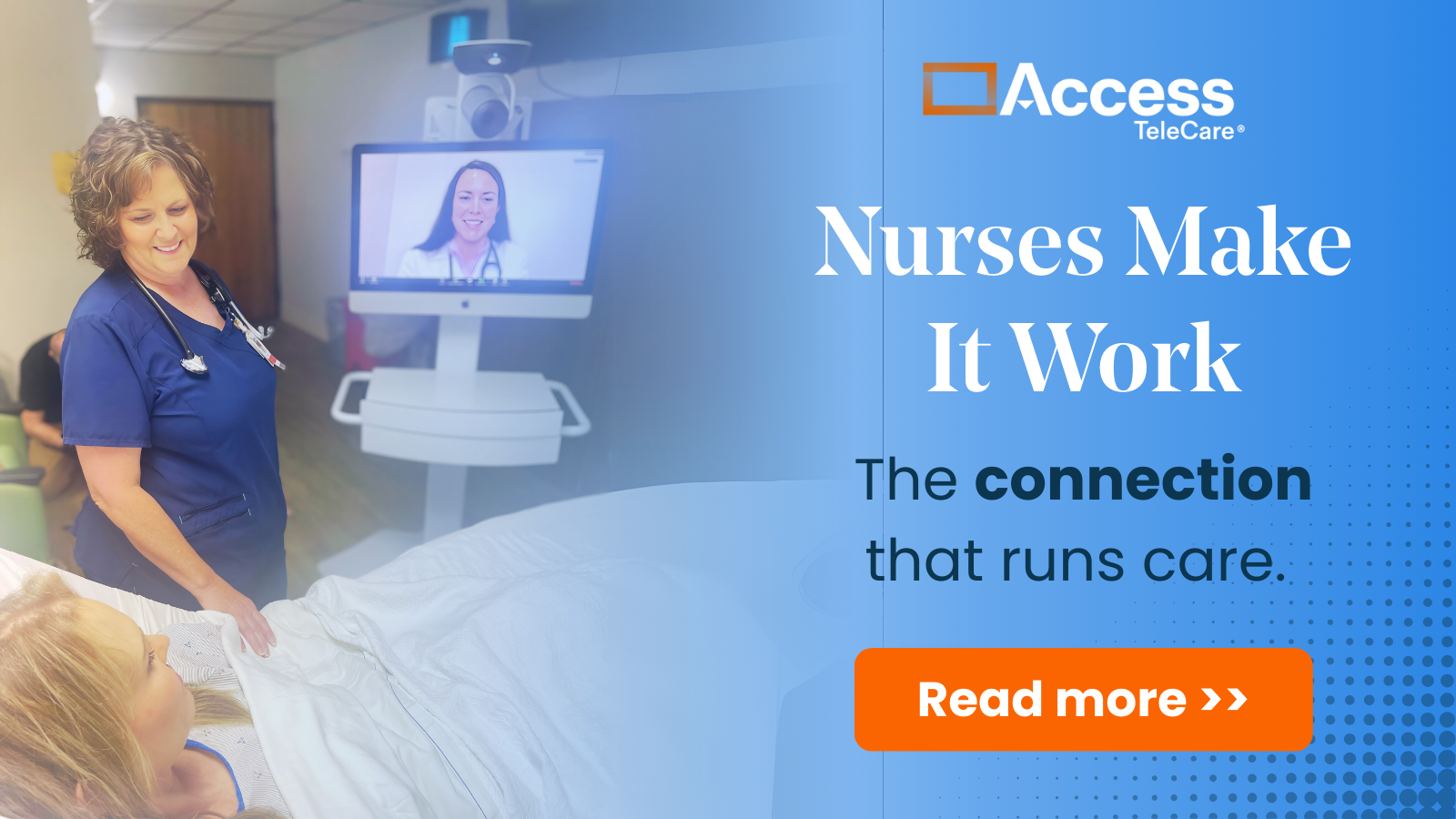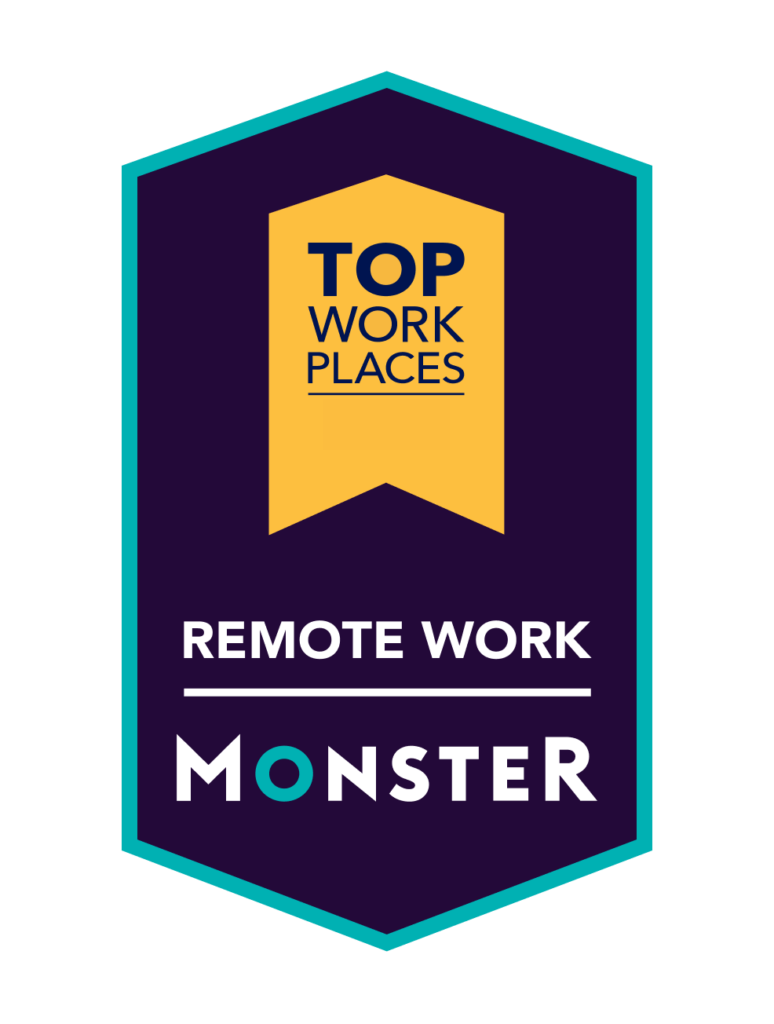 Jennifer Guilmette is the Vice President of Project Management and Implementations at Access TeleCare. She is a certified Project Management Professional (PMP®) and holds a Lean Six Sigma Green Belt (LSSGB). Based in Nashville, Guilmette has worked in project management, specifically within the healthcare industry, for nearly 13 years. At Access TeleCare, she has helped guide hundreds of implementations for partners big and small and has a very personal reason for loving the work she does. Guilmette explains at a high level the critical success factors for the implementation of telemedicine.
Jennifer Guilmette is the Vice President of Project Management and Implementations at Access TeleCare. She is a certified Project Management Professional (PMP®) and holds a Lean Six Sigma Green Belt (LSSGB). Based in Nashville, Guilmette has worked in project management, specifically within the healthcare industry, for nearly 13 years. At Access TeleCare, she has helped guide hundreds of implementations for partners big and small and has a very personal reason for loving the work she does. Guilmette explains at a high level the critical success factors for the implementation of telemedicine.
“Every hospital is different, and therefore every project is different, but after hundreds of implementations, we have developed a proven methodology for project planning, workflow analysis, predictive supply/demand modeling, staff and physician training, mock consults, creation of reports and analytic measures and much more,” says Guilmette.
What does the process of implementing a telemedicine solution entail?
Whether you are starting with just one department, or establishing an enterprise-wide program, skilled project management and workflow optimization is key. Our defined approach, which generally takes each implementation from initiation to go-live in 90 to 120 days, is broken down into six distinct phases:
- Initiation and Planning
- IT/Technology/Equipment
- Operations/Workflow
- Licensing/Privileging
- Orientation and Training
- Launch
Each outlined phase follows specific structure and documentation to ensure we don’t have any gaps in the process. These include scope of work documents, checklists, project and training plans, and constant and consistent communication—internally among the implementation team and our functional areas; with our sites and, above all, with our clients.
What are Access TeleCare’s critical success factors for the implementation of telemedicine?
At Access TeleCare, the success of our implementations centers on these key factors:
Dedicated & Experienced Project Managers
Each telemedicine implementation is expertly managed by a dedicated implementation manager who works closely with the client through the life cycle of the project, improving the implementation speed and success rate exponentially. The expertise and experience of our managers is underscored by the fact that most are either Lean Six Sigma Green Belt or project management professional (PMP®) certified or working towards these certifications.
Constant Communication
Communication is key to what we do. On the client side, we work directly with our sites and their assigned client project managers, to simplify and streamline the process as much as possible.
This communication begins during the contract negotiations, then ramps up with our project review and kick-off call that includes all parties on the client side who will be touched by the new telemedicine offering (operational and clinical staff as well as executive leadership) so they understand the process, the timeline and what’s happening overall. Frequent interaction with the client project manager helps keep the implementation on track with limited issues and delays.
Credentialing
We make privileging easier for clients, reducing the administrative work on their part as well as the timeline to implementation. Generally, privileging physicians is the step that can take the longest in the implementation timeline, sometimes up to 90 days, and can be taxing for our clients’ medical staff offices (MSO). Yet, for clients that accept credentialing by proxy, our credentialing staff takes over most of the back-end work, verifications and reference checks, expediting the overall process substantially (45-60 days vs 90-120).
For those sites that don’t allow credentialing by proxy, we can proactively work with them during the sales process to have their bylaws updated before implementation begins.
Dedicated Training
Our training spans both the operational and clinical sides. Whether we’re implementing our Telemed IQ platform or our core services, we have knowledgeable, experienced, supportive experts to ensure that everyone involved gets the appropriate training. Every implementation will include training for the staff and physicians plus a true end-to-end test with a mock consult before going live.
Ongoing Support for Telemedicine Implementation
Access TeleCare is dedicated to the success of our clients beyond implementation, which means that our work does not end once a system goes live. With implementation complete, we transition the project to one of our Client Success Executives whose job it is to provide a personal touch as they manage the client relationship for the life of the contract and beyond. They provide a single point of contact for all operational needs after go-live; conduct monthly status calls as well as onsite quarterly business reviews; and offer reporting and utilization analysis and recommendations to ensure desired outcomes are achieved.
Why did you start working at Access TeleCare?
I am a huge believer in what telemedicine can do and its ability to save lives. My father passed away from a head injury about 13 years ago. At the time of his accident, we took him to the community hospital because it was the closest and best staffed. It turned out there was no neurologist on staff, and the emergency room personnel didn’t have the knowledge to handle his specifically critical case. Had the option for a virtual consult been available then, perhaps my dad would be here today.
This is why when the opportunity to work at Access TeleCare presented itself, I jumped at the chance; and why I’m passionate about the work we do and how we connect with patients. I’ve been onsite as many, many implementations have gone live and have witnessed first-hand the impact that our telemedicine solutions can have on patients as well as on their loved ones. The impact of what we do is a common thread that helps shape our culture at Access TeleCare.
What are you passionate about when you aren’t overseeing partner implementation projects for Access TeleCare?
First and foremost, I am passionate about my family and friends, especially my two amazing kids, Will and Sophie. I also love to play soccer and I am a professional singer. I graduated with a degree in music performance from Oakland University in Michigan and originally moved to Nashville to pursue my music career. I still love to perform and enjoy a fun Karaoke night with Access TeleCare colleagues when I am in town.
If you are interested in learning more about how Access TeleCare works with our client partners to implement telemedicine, please contact us.








